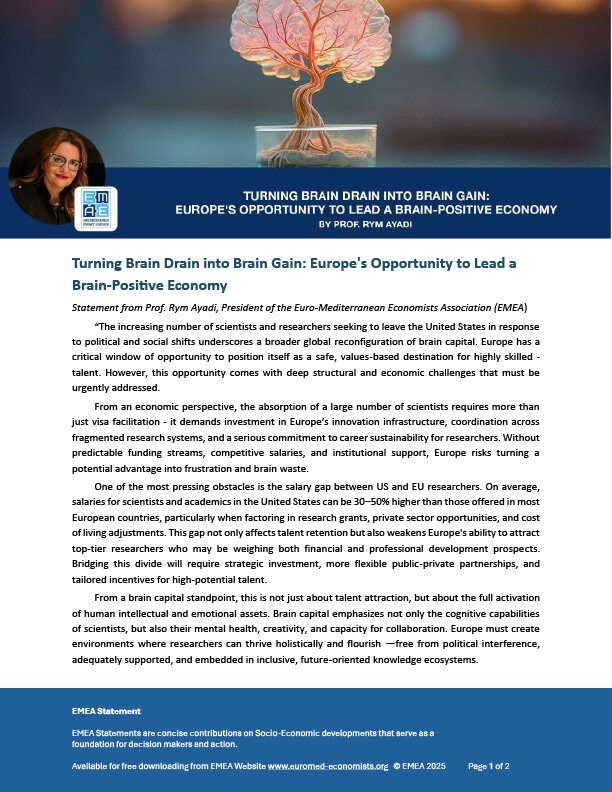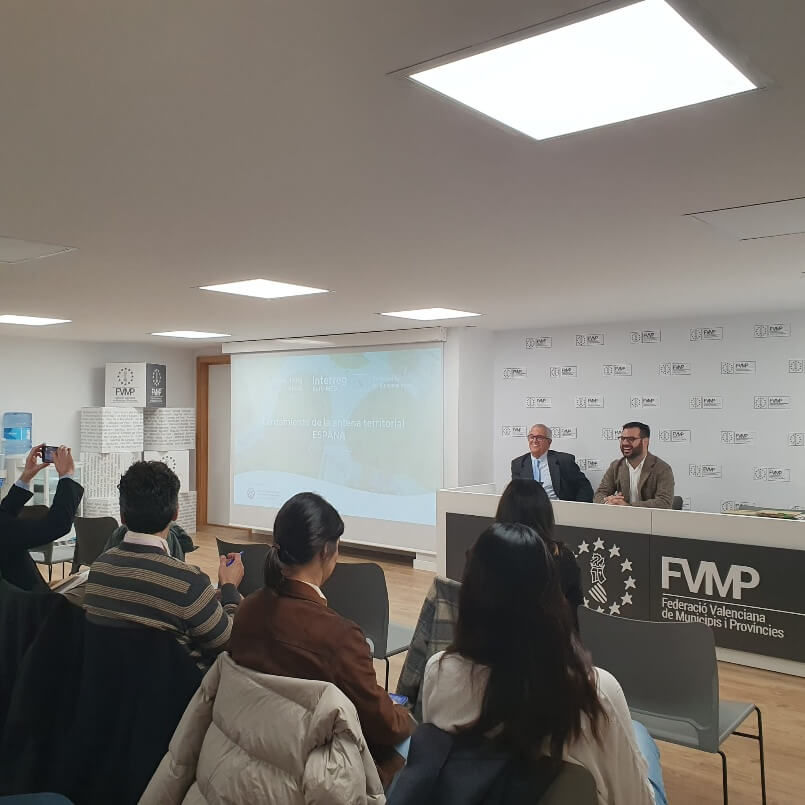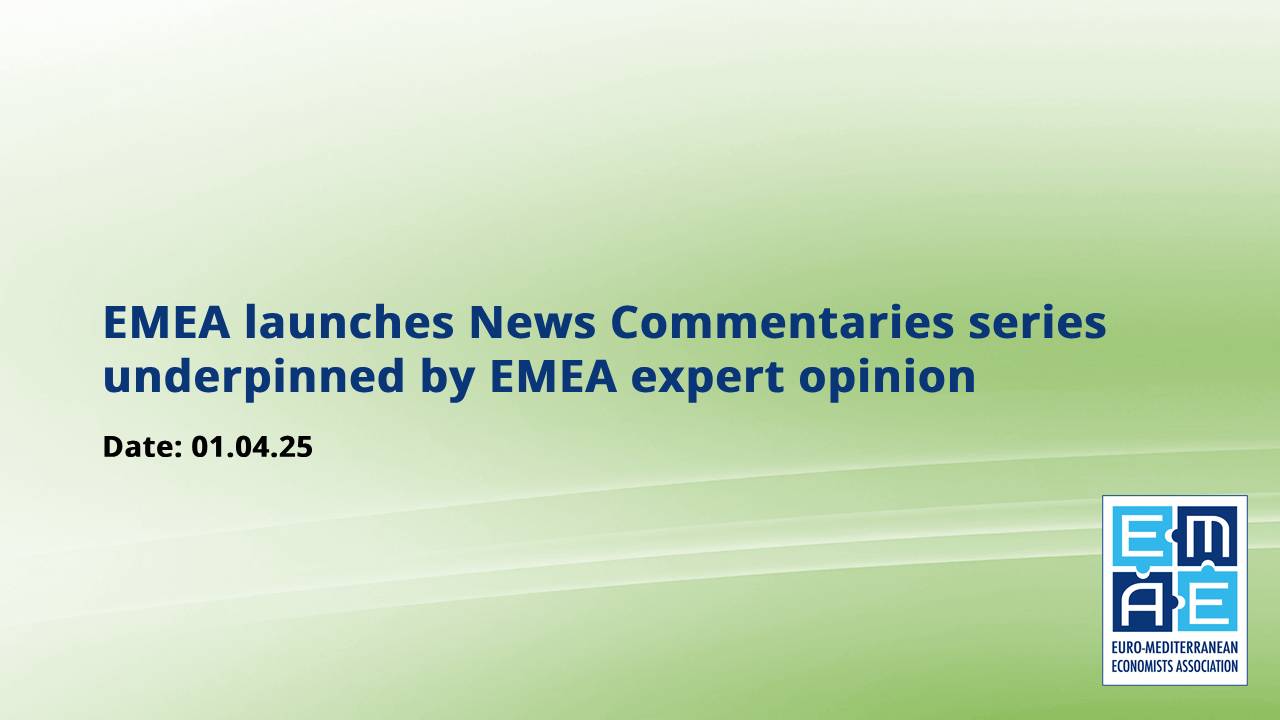Micro, small and medium sized enterprises in the Southern and Eastern Mediterranean are the backbone of economic activity as they account for a substantial share of value added and employ the bulk of the region’s workforce. In spite of their importance, they are subject to acute difficulties in access to finance preventing them to grow, innovate, create sustainable employment, and fully reach the region’s economic potential. Among others, Credit Guarantee Schemes (CGSs) are at the forefront of government’s interventions in credit markets. In the EU CGS have been created for decades and experience proves their action has been decisive in alleviating constraints in access to finance for enterprises, especially during times of economic downfall. Likewise, governments in the Southern and Eastern Mediterranean have also developed similar mechanisms, some of them as early as in 1950s, with variable results.
The Ministerial Declaration of the 4th UfM Ministerial Conference on Employment and Labour held in Cascais on 2-3 April 2019 placed an unequivocal emphasis on fostering a sustainable environment which facilitates the growth of companies, in particular micro, small and medium sized enterprises, while also tackling the impediments which prevent promising small enterprises from growing and limit job creation by the formal private sector. Additionally, the Ministerial Declaration of the 9th UfM Ministerial Conference on Industrial Cooperation held in Brussels on 19 February 2014 highlighted the importance of mitigating existing constraints for MSMEs when accessing to finance.
The EU Med means business – shaping the future of entrepreneurship in the South held in Brussels on 21-22 May 2019 adopted recommendations for 12 Priorities for Action, to among other important goals, attract quality investment, create viable ecosystems for entrepreneurship, stimulate innovation and start-ups, and enable SMEs to grow and create jobs.
Acting upon the UfM Ministerial mandates and in line with the UfM Roadmap for Action, the Secretariat of the UfM in partnership with the Deutsche Gesellschaft für Internationale Zusammenarbeit (GIZ) and in partnership with the European Institute of the Mediterranean (IEMed) and the Euro-Mediterranean Economists Association (EMEA), will organise a Workshop on Credit Guarantee Schemes in the Euro-Mediterranean region at its premises in Barcelona on 16 September 2019. The Workshop aims at gathering high-level representatives from both Southern and Northern Mediterranean Credit Guarantee Institutions with the aim to foster the collaboration between Euro-Mediterranean Guarantee schemes and institutions. This Workshop will be one step towards a broader regional dialogue promoted by the UfM on Access to Finance for SMEs in the UfM region.
Upon the initiative of the Secretariat of the UfM, in the time span 2011-2015, a number of meetings took place in Barcelona with the participation of high-level representatives from all Credit Guarantee Institutions of Southern Mediterranean countries. Building on this previous work, the abovementioned institutions intend to decide on the next steps to carry on and enhance this collaboration, with a view to alleviating the region’s structural constraints in access to finance.
In particular, the guarantee schemes active in the countries of the Euro-Mediterranean Partnership will assess opportunities to gather around seven closely related objectives:
- Bridging the knowledge gap as regards MSMEs access to finance in the region;
- Expanding guarantee schemes in the Southern Mediterranean countries and enhancing Euro-Mediterranean cooperation in the area of credit guarantees;
- Increasing cooperation between EU and Southern Mediterranean institutions active in the development of MSMEs and their access to finance, thorough i.e. the recently established European External Investment Plan;
- Supporting the development of Southern Mediterranean guarantee schemes’ product range and particularly in the MSME segment;
- Providing evidence on the impact of credit guarantees and on the feasibility for the implementation of other guarantee instruments such as counter guarantees funds and equity guarantees;
- Disseminating knowledge on guarantee schemes via appropriated supports;
- Enhancing the operating environment of Southern Mediterranean guarantee schemes.





